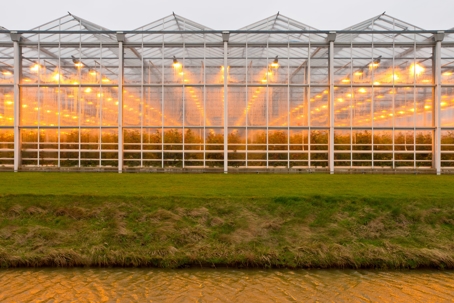When it comes to roofing, one size does not fit all. Whether you're a homeowner in Tulsa or a business owner, understanding the differences between residential and commercial roofing is essential. Each type of roofing system has unique characteristics and requirements tailored to its specific purpose. In this post, we'll delve into the distinctions between residential and commercial roofing in Tulsa, helping you make informed decisions for your roofing needs.
1. Design and Structure
Residential Roofing: Residential roofs are typically simpler in design, focusing on aesthetics and curb appeal. They come in various styles, including gable, hip, and shed roofs, to complement the architectural style of the home.
Commercial Roofing: Commercial roofs are designed with functionality as a top priority. They often feature low-slope or flat designs to accommodate HVAC systems, access points, and other equipment.
2. Materials
Residential Roofing: Asphalt shingles are the most common choice for residential roofing in Tulsa due to their cost-effectiveness and versatility. Homeowners also have options like wood, metal, and tile for a more customized look.
Commercial Roofing: Commercial roofs frequently use materials such as EPDM rubber, TPO, PVC, or modified bitumen, designed for durability and resistance to the elements.
3. Maintenance
Residential Roofing: Maintenance for residential roofs usually involves cleaning gutters, inspecting for damaged shingles, and occasional repairs. Routine inspections are vital to extending the lifespan of the roof.
Commercial Roofing: Commercial roofs often require more intensive maintenance due to their larger size and flat design. Regular inspections, leak detection, and prompt repairs are critical to prevent costly damage.
4. Installation
Residential Roofing: Residential roofing projects in Tulsa tend to be smaller and quicker to complete. Installation is typically less complex and may take a few days to a week, depending on the size of the home.
Commercial Roofing: Commercial roofing installations are more intricate and can take weeks to complete. These projects often involve coordinating with multiple contractors and ensuring compliance with building codes and regulations.
5. Cost
Residential Roofing: Residential roofing projects in Tulsa are generally more affordable compared to their commercial counterparts. Costs depend on factors like materials, labor, and the size of the roof.
Commercial Roofing: Commercial roofing projects typically have a higher upfront cost due to the size and complexity of the roofing system. However, they offer long-term benefits in terms of durability and energy efficiency.
6. Lifespan
Residential Roofing: With proper maintenance, a residential roof in Tulsa can last anywhere from 20 to 30 years, depending on the materials used.
Commercial Roofing: Commercial roofing systems are designed for longevity and can endure for 30 to 50 years or more with regular maintenance.
In conclusion, whether you're considering a residential or commercial roofing project in Tulsa, understanding the differences is crucial. Factors like design, materials, maintenance, cost, and lifespan play significant roles in making the right choice. Consulting with a reputable roofing professional, like Tier One Roofing, can help you navigate these distinctions and make the best decision for your specific needs. Your choice of roofing system is an investment in the protection and value of your property, so choose wisely.

